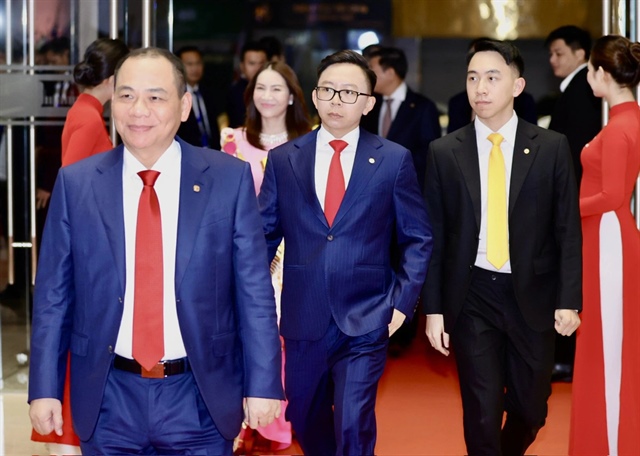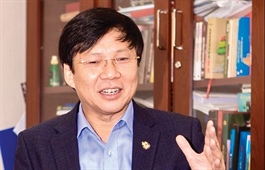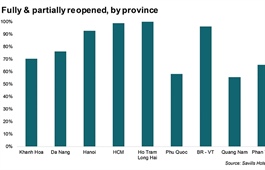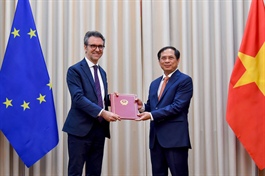Optimising outcomes for investors leveraging market consciousness
Optimising outcomes for investors leveraging market consciousness
The COVID-19 pandemic is leaving sweeping impacts on economic development as well as stock market performance on the global scale. Alexis Calla, global head of Investment Strategy and Advisory and chief investment officer at Standard Chartered Bank, evaluates the current stock market situation and suggests ways to uphold investors to optimise their outcomes.
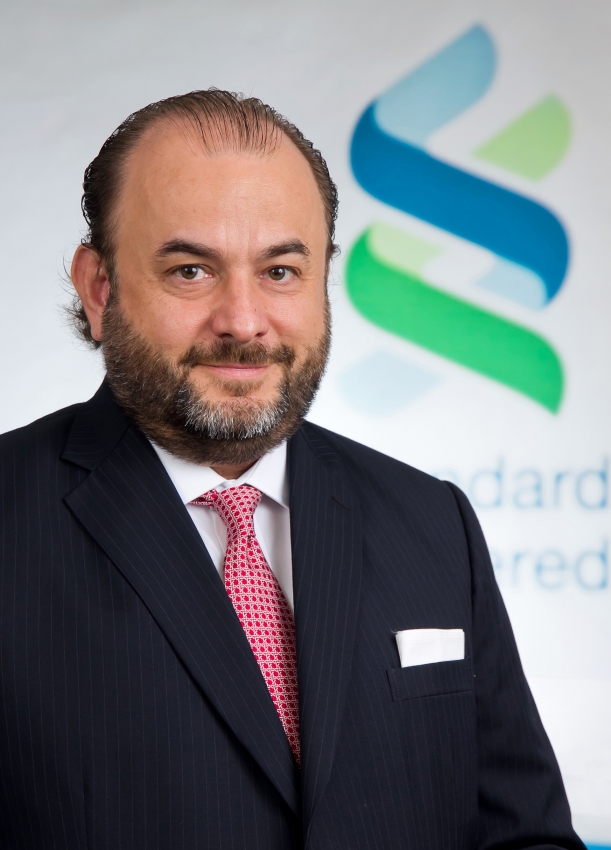
Alexis Calla, global head of Investment Strategy and Advisory at Standard Chartered Bank
|
When markets are volatile do you stay on the sidelines or jump right in? Staying calm when markets are erratic is not easy but it is important to remain objective to avoid making bad decisions.
The COVID-19 outbreak has caused unprecedented volatility in asset prices and when a crisis hits, investors tend to do one of three things: panic and freeze, invest too fast, or want to act but struggle to do so – each of which has drawbacks that can lead to bad financial decision-making.
At Standard Chartered, our focus is on helping investors make better choices. That is why a key part of our approach to investment is recognising, and understanding, the various natural or cognitive biases that can influence the decisions we make every day.
Our recent Investor Personality Study collected the insights of 1,200 emerging affluent, affluent, and high net worth investors across Hong Kong, Singapore and Taiwan. Through our research, we identified three main types of investors - the Comfortable Investor, the Conservative Investor, and the Enthusiastic Investor – with each giving clues on their feelings about asset allocation, how they make decisions, and how they could potentially improve their investments.
Avoiding emotional pitfalls
This insight is important because understanding different financial personalities can help investors and wealth advisors avoid emotional traps, allowing investors to stick to their long-term plans. The market turmoil resulting from the COVID-19 pandemic brings these types of investor to the fore.
| There are many ways wealth advisors can use this information to better support investors such as tailoring their communications to encourage the best outcome. |
In this situation, a Comfortable Investor is likely to stay calm and make objective, unemotional decisions. This could be because they tend to have more investment experience and believe that success depends on ability rather than luck. They have a high desire to leave a legacy, but one potential weakness is a tendency to be overconfident. It is vital for this type of investor to try to find views from different perspectives. This could help the investor to remain diversified, while continuing to factor in alternative scenarios.
Naturally more cautious, a Conservative Investor is likely to avoid volatile markets and high-risk investment products. They are also less likely to seek advice when markets are in turmoil, preferring a clear investment plan and principles to follow. Conservative Investors should consider whether their investment allocations are too conservative and consistent with their long-term goals. Periods of market volatility, such as the current one, can be a good time to think about gradually adding risk to investment allocations.
By contrast, an Enthusiastic Investor is likely to be impulsive and will see volatility as a chance to speculate on market moves. Enthusiastic Investors may see losses in times of market turmoil, exacerbated by the fact they tend to have the least investment experience and would benefit from committing to a disciplined investment approach.
Send the right message
There are many ways wealth advisors can use this information to better support investors such as tailoring their communications to encourage the best outcome.
Comfortable Investors, who tend to have a high level of composure, respond best to messages that focus on using skill to deal with the situation and defer decision-making to an agreed process, while a Conservative Investor will want more guidance during periods of market turmoil. Meanwhile, Enthusiastic Investors, who tend to be more speculative and impulsive, will benefit from communication that places short-term volatility in the context of long-term planning.
What can investors do?
Regardless of an individual’s financial personal traits, there are lessons for all investors which can help them navigate uncertain markets. Firstly, do not panic as panicking tends to lead to bad decision-making. Instead, investors should ensure their asset allocation still matches their risk tolerance. If changes need to be made, investors should create a plan with their advisor on how, and over what timeframe, to adjust their portfolio. Secondly, avoid timing the market. Time in the market is far more important than trying to call the bottom. In addition, as it is difficult to catch the absolute trough, investors should instead consider putting money to work in phases at cheaper prices.
By understanding the personality traits that drive financial decision-making, investors will be better equipped to make objective investment decisions even when markets are under stress. At the same time, wealth advisors can develop an investment approach that is consistent with investors’ behavioural profile and long-term investment objectives.






